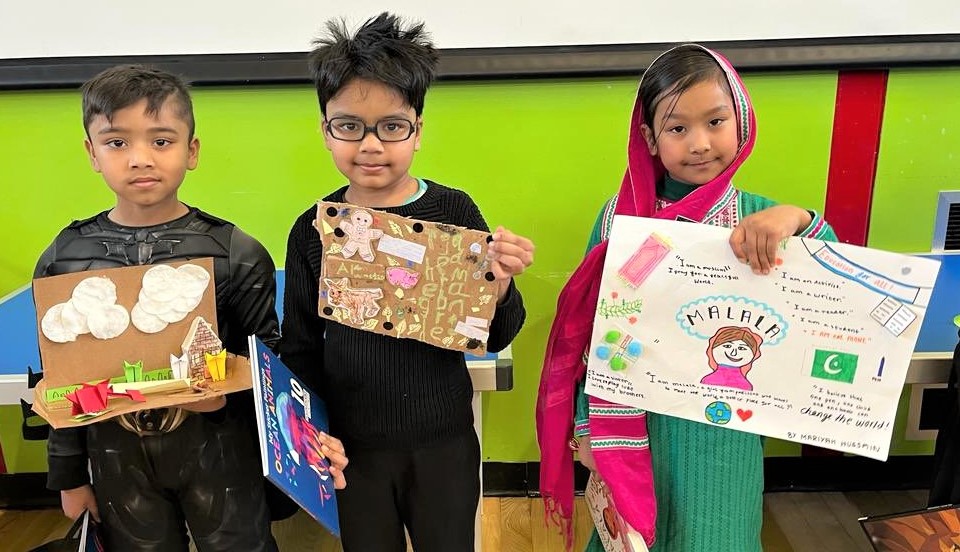Our Health and Relationships Curriculum (HRE)
Our goal is for our children to be prepared for the world they are growing up in:
- To have respect for other people according to the Equality Act 2010.
- To stay healthy and safe.
- To have a knowledge of their own body.
- To form positive, healthy relationships with others.

Tower Hamlets is a place where we celebrate our differences and see our diversity as strength. Our borough is ‘No Place for Hate’ and we work to tackle all forms of hate and intolerance. We want our schools to be places which champion this diversity and can make all children, and their families, feel welcome in the school community and within our borough (Guidance from the London Borough of Tower Hamlets for all schools).
What do we teach in Health and Relationships lessons?
Our curriculum for Health and Relationships directly follows the statutory government expectations – see the link to the following document.
DFE Statutory document - Relationships and Sex Education and Health Education
HRE lessons are taught once every 2 weeks for 45/60 minutes. The teachers teach carefully planned and resourced lessons that have been written, following the school policy and using the government guidelines. Each term the lessons are taught covering the following six knowledge categories:
- Families and people who care for us
- Caring friendships
- Respectful relationships
- Being safe
- Mental wellbeing
- Physical health
For some frequently asked questions answered by Tower Hamlets Education Authority ... click here.
Statements of Support for the teaching of aspect of the HRE Curriculum from:
London Borough of Tower Hamlets (LBTH) Safeguarding Partnership ... click here.
The chair of the Clinical Commissioning Group (CCG), the London-wide Local Medical Committee and the GP Care Group ... click here.
Relationships and Sex Education
The Non Statutory part of the curriculum, Sex Education, will be taught in Year 6 only. Sex Education is sexual reproduction in humans, reproductive cycle in humans and conception. It is one lesson, not a series of lessons.
- Parents have the option to withdraw their children and parents will be informed of this every year before the lesson.
- A meeting will be held for Year 6 parents a half term before this lesson (every year) and the resources we will use will be shown to the Year 6 parents (every year).
- Year 6 Sex Education lessons will be in single sex groups, boys taught by a male teacher (if we have one) and girls by a female teacher.
Here is our Sex and Relationships policy.
HRE Curriculum Overview - Curriculum Intent
Please click the link below for a detailed breakdown of what is taught in each year.
This link will take you to the the Bangabandhu Curriculum page where you will find the curriculum map for each year. These give an overview of what is taught in subject area, our curriculum intent.
How we Implement our Health and Relationships Curriculum
HRE is taught fortnightly for 45 minutes. We do not block our subjects as we want children to return regularly to the subject knowledge and concepts in order that they are regularly retrieving the taught knowledge and concepts, embedding these in their long term memory. This enables them to make progress - know more and remember more.
Health and Relationships Education Policy
Sex and Relationships Education Policy
An example of a Milestone 1 Lesson
An example of a Milestone 2 Lesson
An example of a Milestone 3 Lesson
Subject Specific Vocabulary
We teach children a rich and broad vocabulary in order that they develop a deep understanding of the subjects they study. We carefully select this subject vocabulary, teaching it in context. Here is the health and relationshipa education vocabulary we teach in each milestone.
